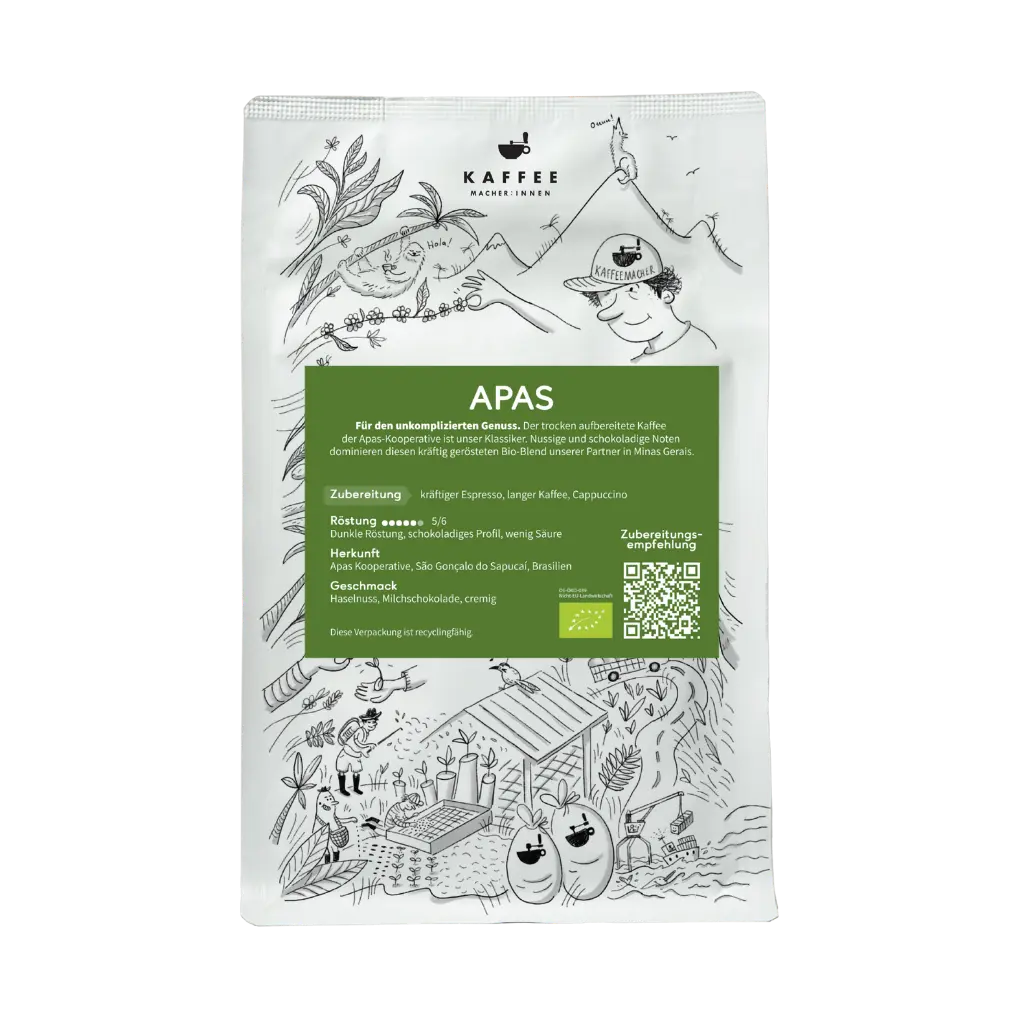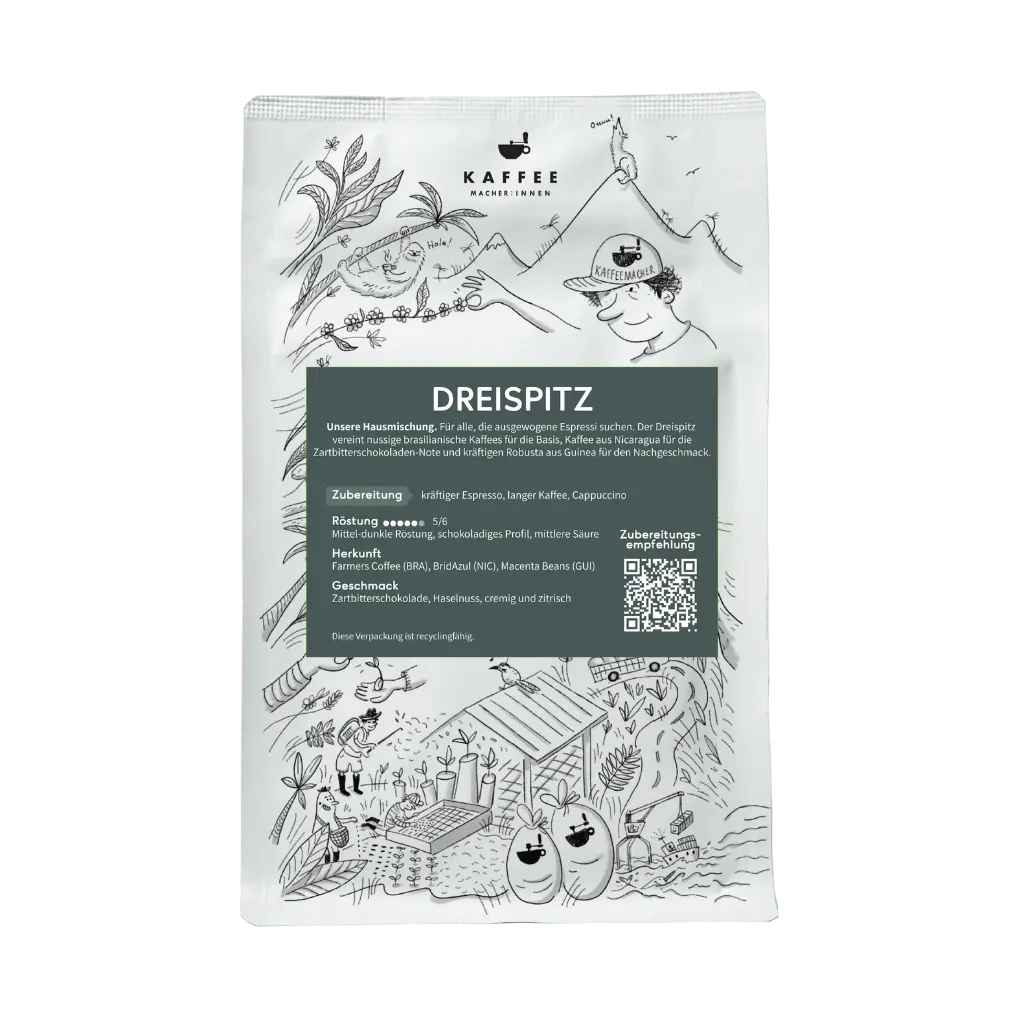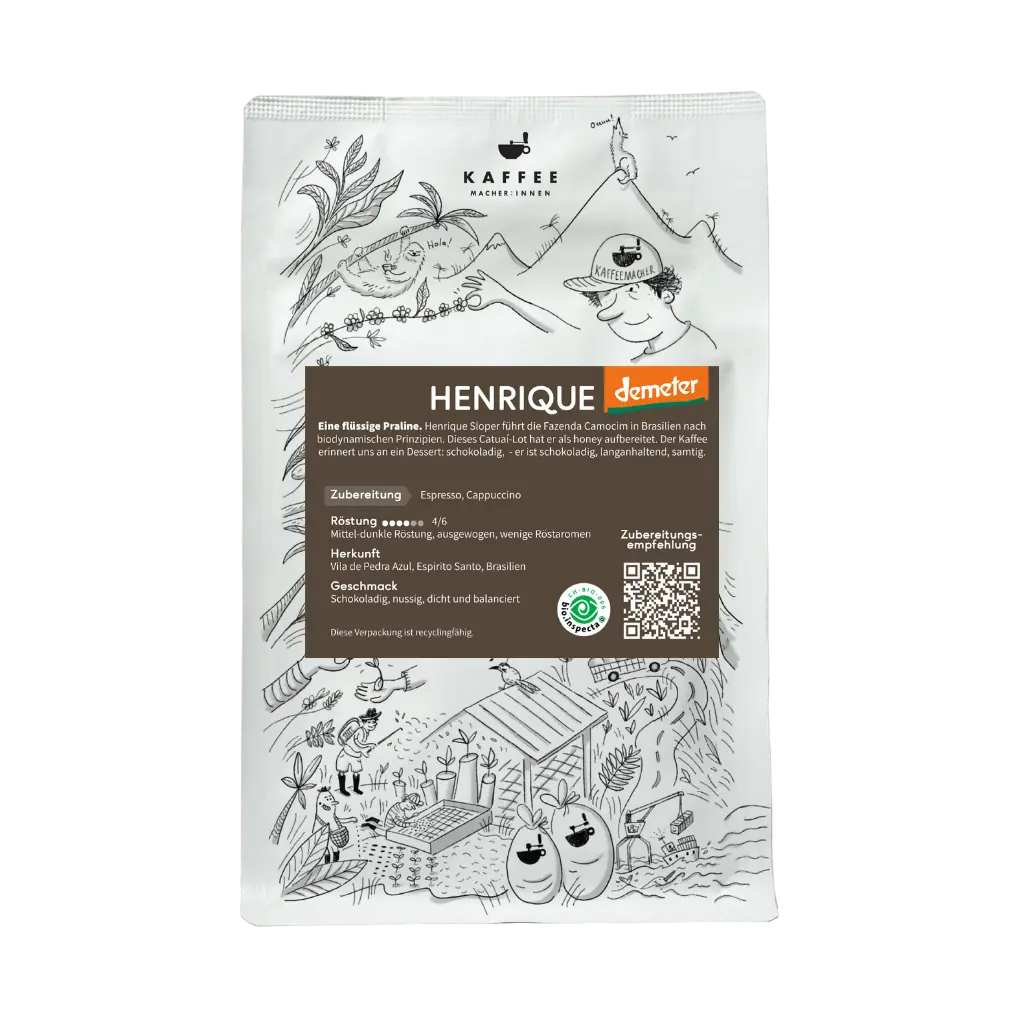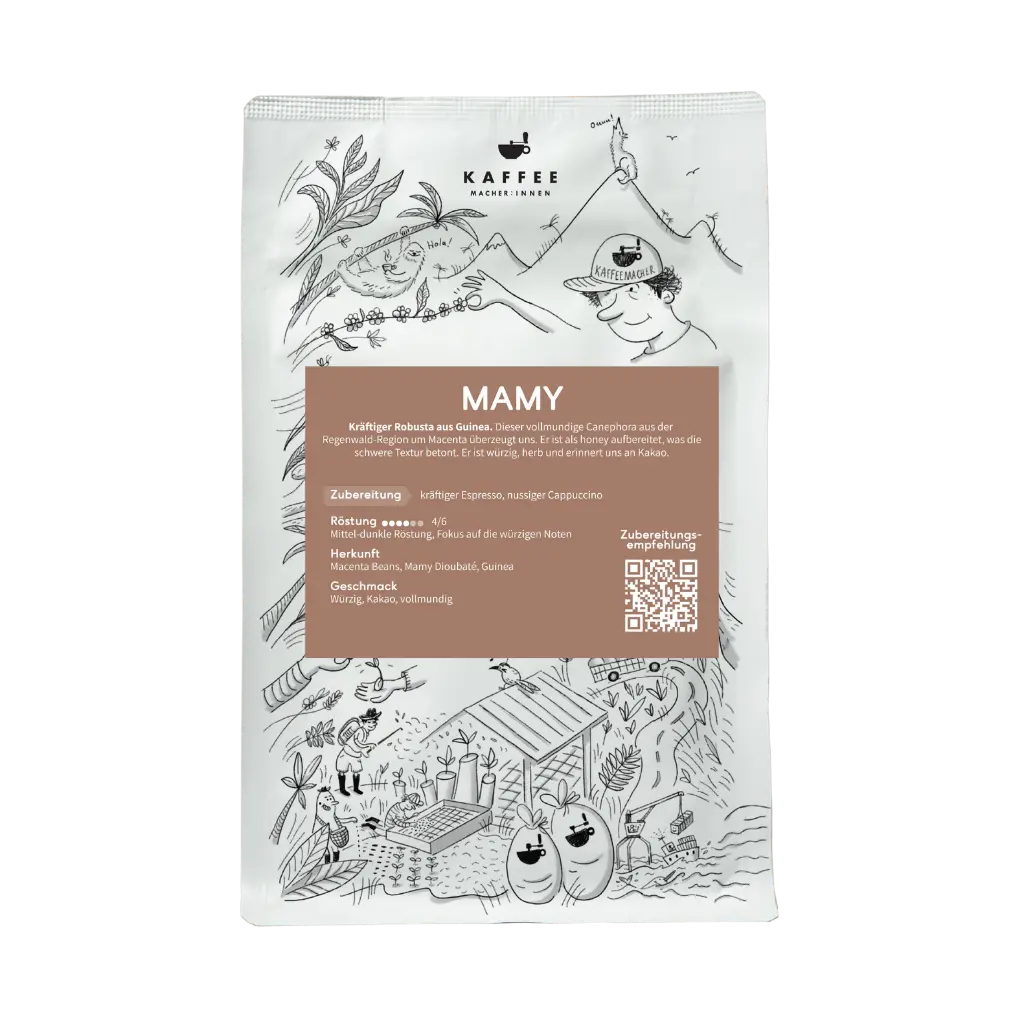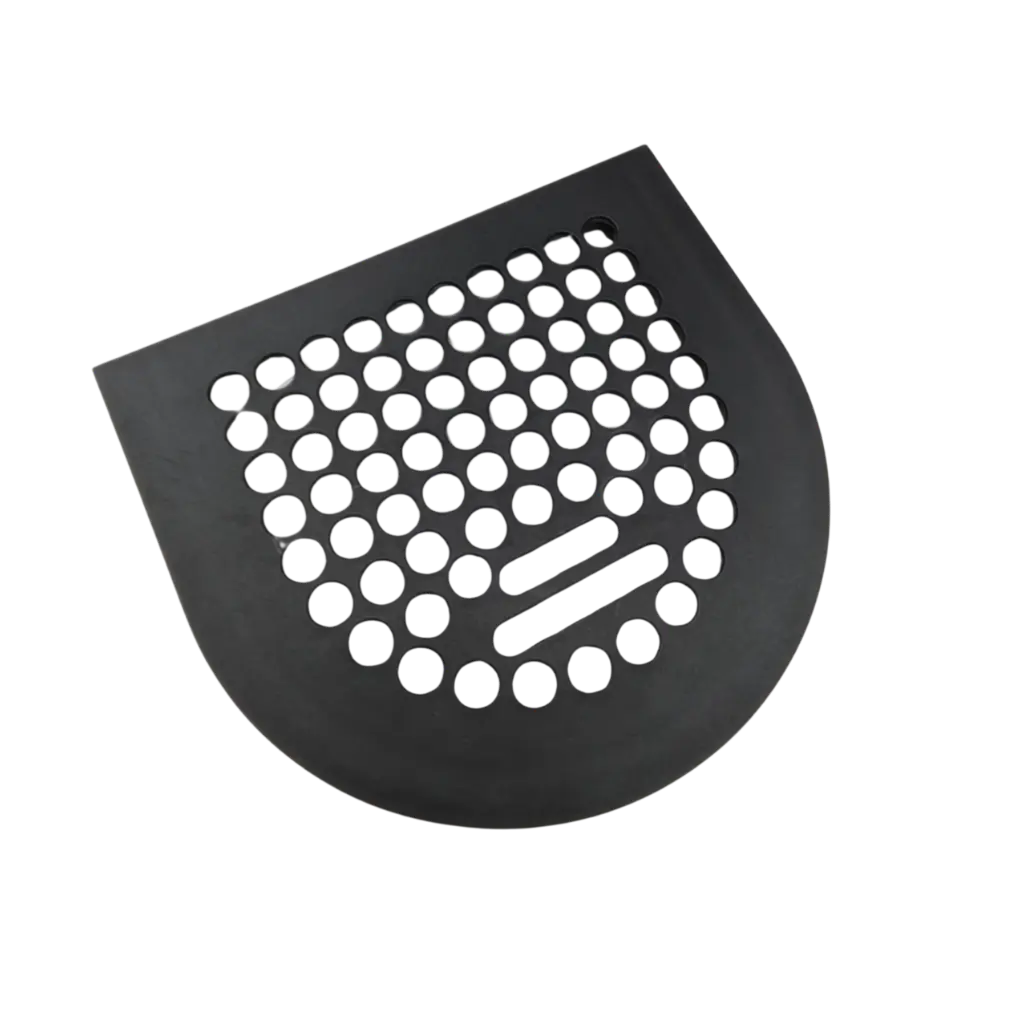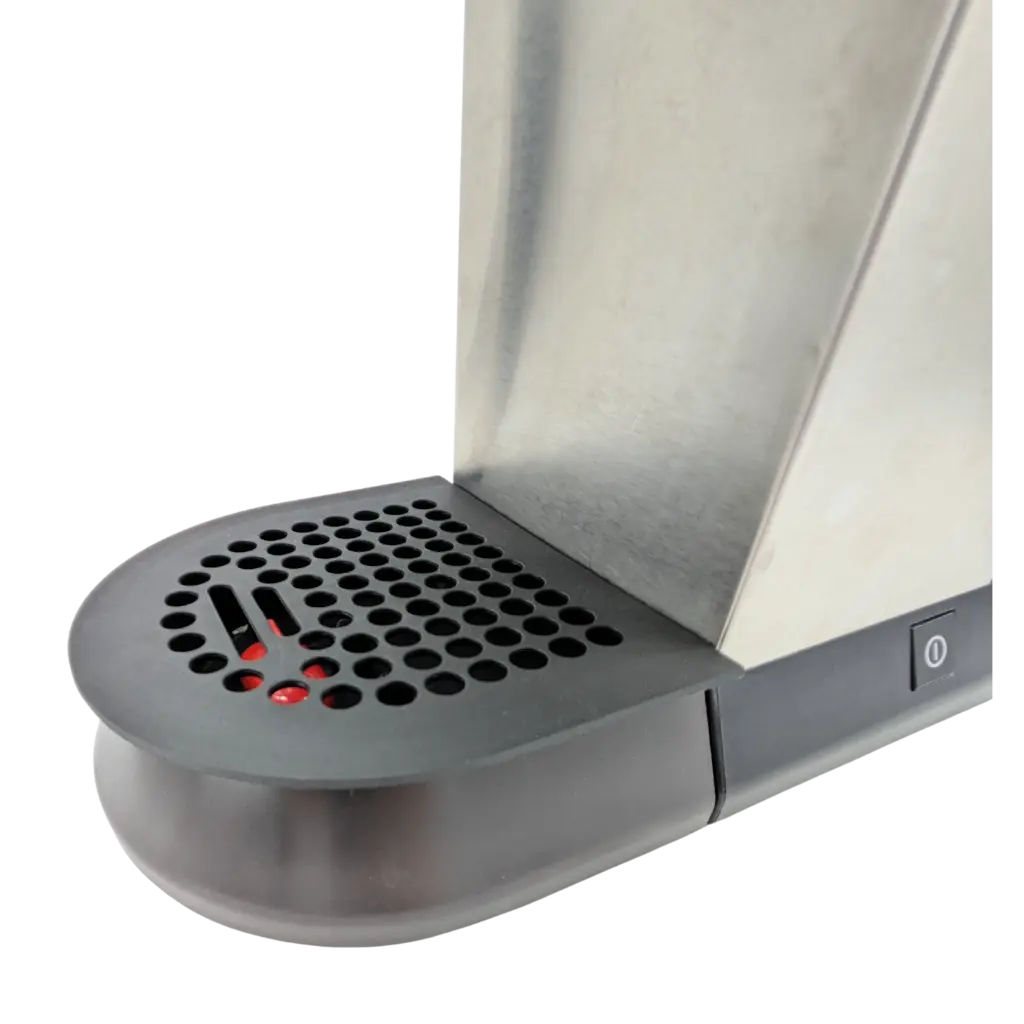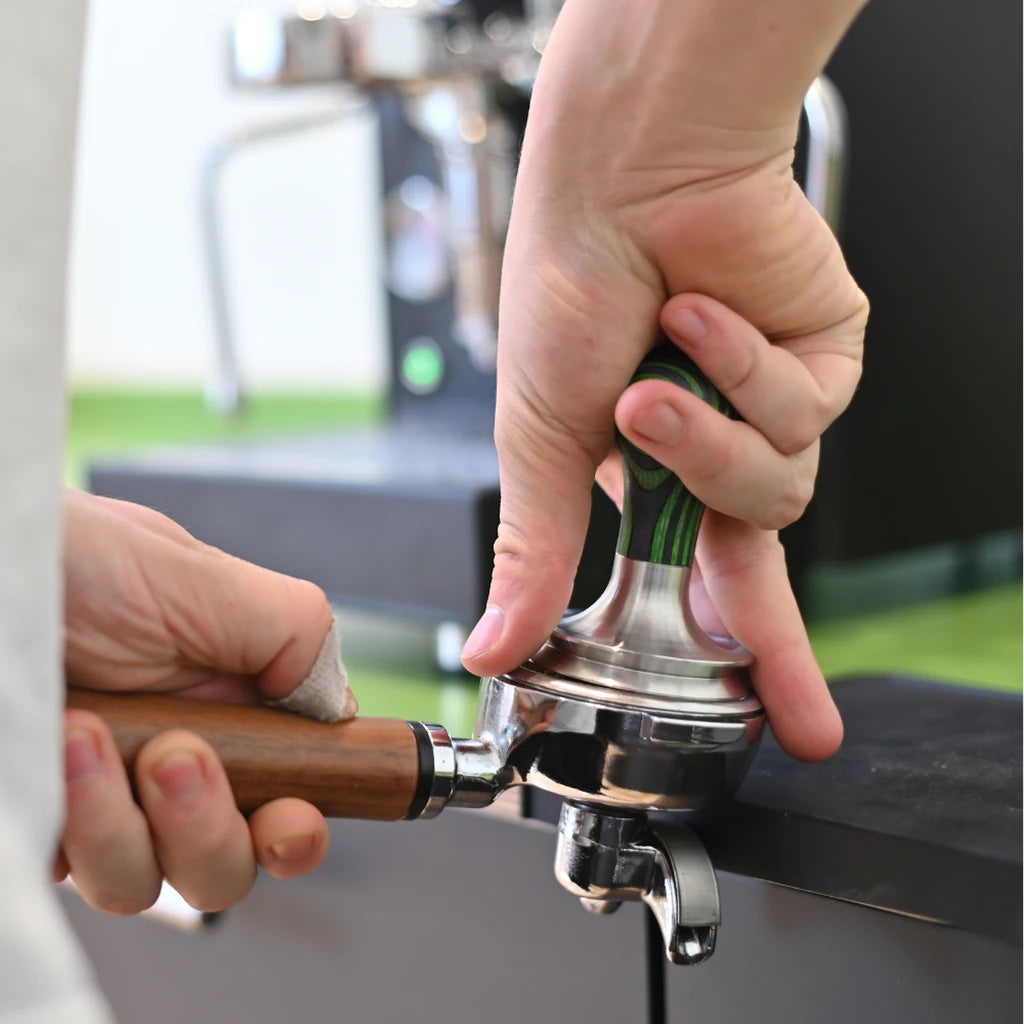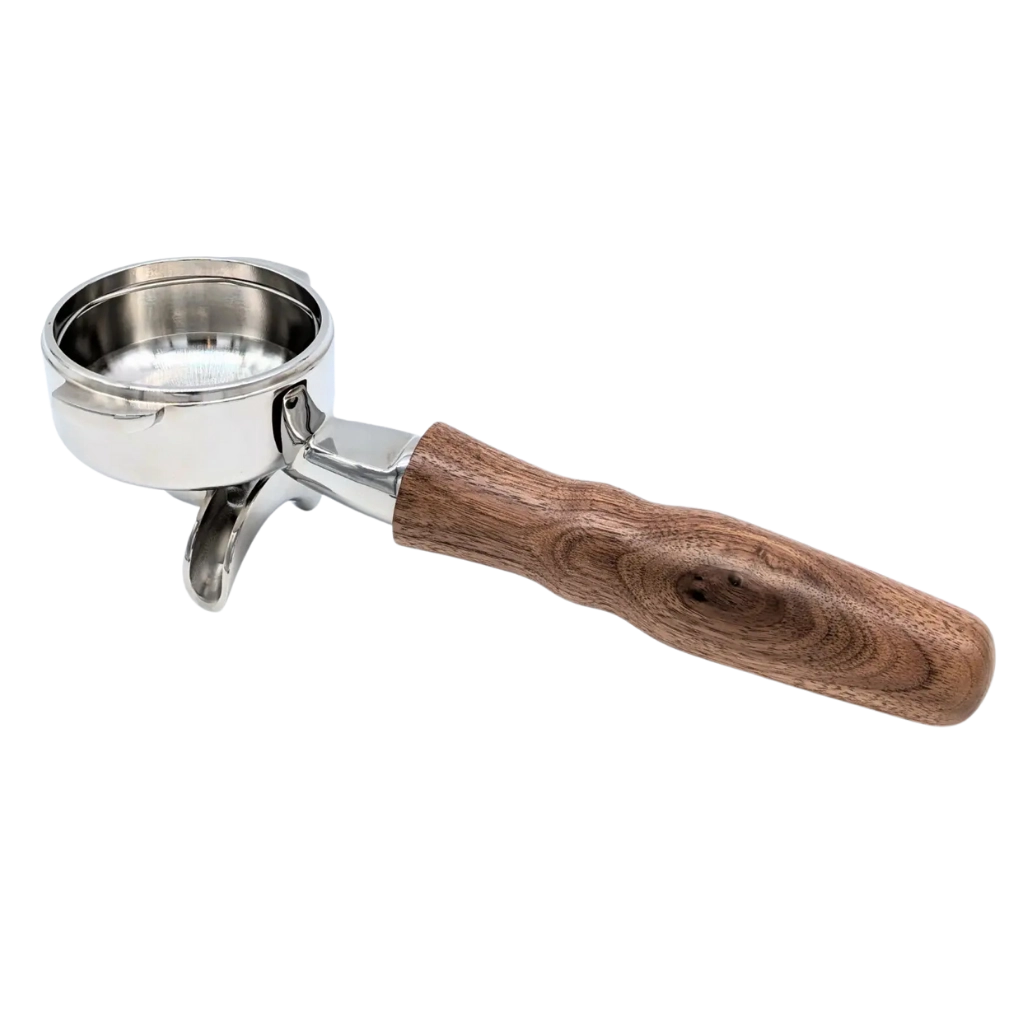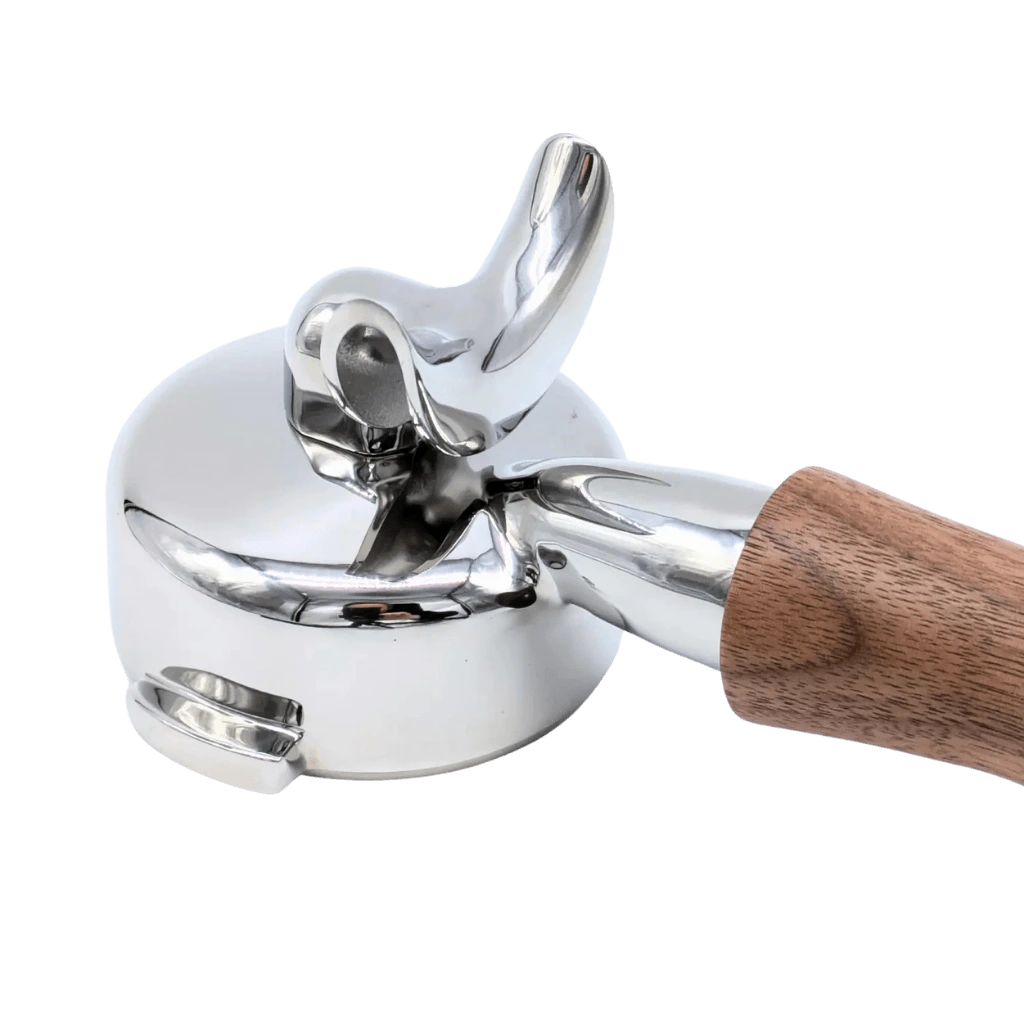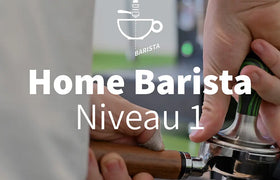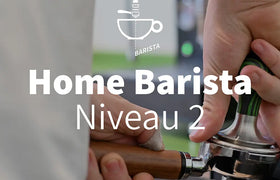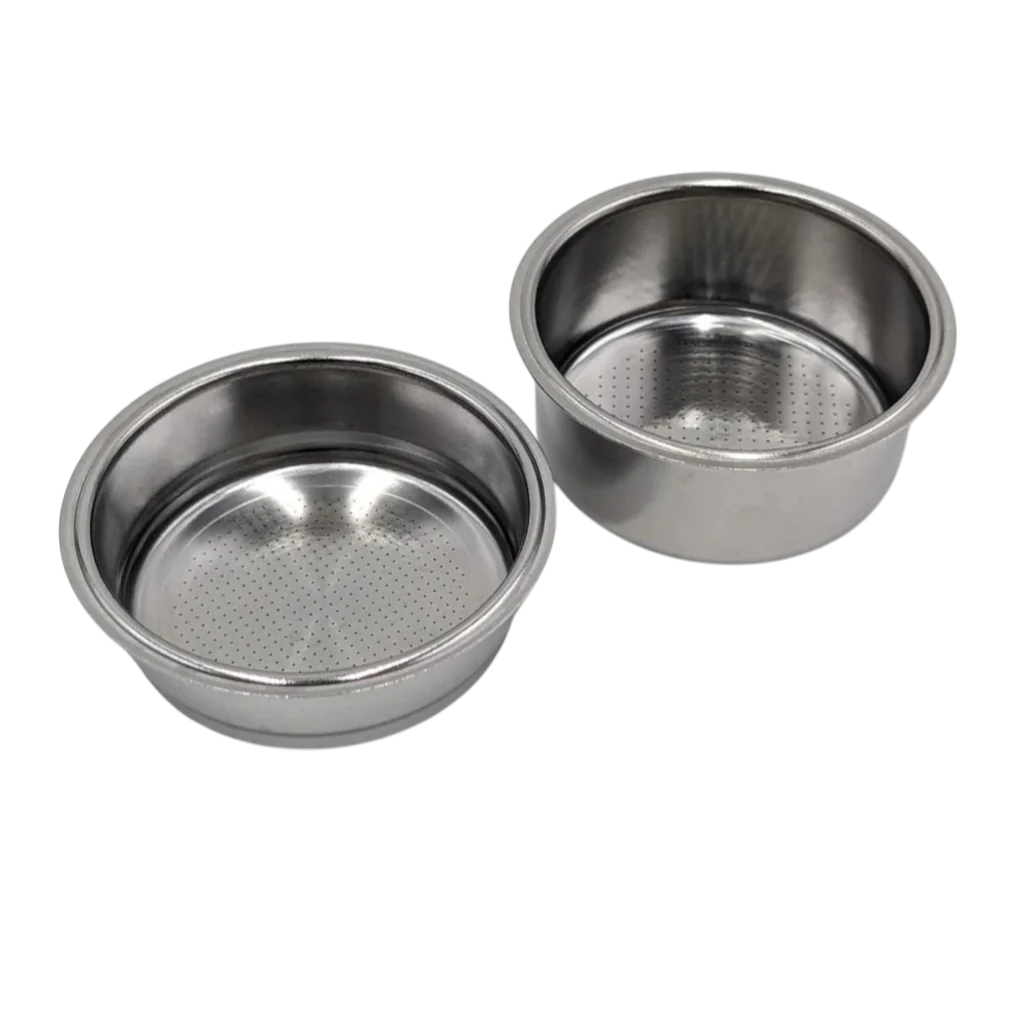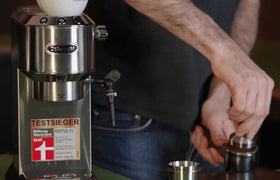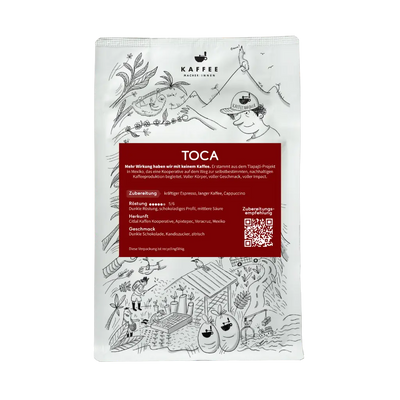What is the basis for the belief that specialty coffee is so much better in many respects? To explain specialty coffee, we often use average coffee as a reference and point out the differences. But to accurately define the differences, you first need to understand average coffee.
My first specialty espresso had a 10% Robusta component. This probably wouldn't be considered a specialty everywhere today. Not only have the definitions become stricter, but sometimes I get the feeling that there's a drastic rejection in the specialty world of anything that isn't "different," "artisan," "specialty," "direct trade," or "micro." Unfortunately, these aren't compelling quality characteristics or explanations. They're often just buzzwords that apparently don't need to be explained, as they're so easy to hide behind.
These terms, in particular, provide a good starting point for explaining the differences to average coffee. However, you need to know the average coffee to avoid ignoring the plus or minus 90% of the market.
Highlighting differences by denigrating coffee varieties, certain countries of origin, companies, etc. is hardly worthwhile in the long run. Instead, it's better to understand the consumer and their quality standards.
We look in vain for criteria like harmonious, mild, fine, strong, intense, elegant, refined, and a nice foam on the SCA's standardized evaluation sheets. Their explanatory power is limited. But they mean a lot in the language of the uninitiated, so we should adopt them and expand on them. This might also mean that we should drink pretty much every type of coffee at some point.
Reality Check 1: The great espresso at the Italian motorway service station
We know that many people in Italy enjoy coffee. There are reasons for that. But have any of us actually tasted such espressos and objectively analyzed their sensory attributes, as one would with a SCAA-style scorecard? Most coffees possess some attribute that performs better than the others. We need to understand what these are and why they appeal to the average coffee drinker. My idea? Syrupy consistency and "intensity."
Reality Check 2: Robusta
Have you ever done a Robusta cupping? If not, why not? It's high time, because the still-pervasive 70/30 Arabica-Robusta ratio myth needs to give way to reality. Demand, climate change , and political pressures mean that today we have a roughly 55/45 ratio. Projections predict that in ten years at the latest, we will have more Robusta than Arabica on the market. The economic and natural conditions of many coffee farmers currently limit a rapid increase in specialty coffee production.
Furthermore, Robusta farmers are also coffee farmers. If the story goes that higher prices for good quality help coffee farmers, then we should think the story through to the end and include Robusta farmers in the story. In a few years, they will make up the majority of coffee producers. We should probably face reality and focus more on Robusta again. After all, there are many consumers who like it. A lot, in fact.
Reality Check 3: Dark Roasts and Defects
Roasting philosophies are a sensitive subject. Let's just say this: lighter doesn't necessarily mean better, underdeveloped doesn't taste particularly good, and there's more to coffee than just acidity. Those offering such coffees will likely have more difficulty reaching average coffee drinkers. They've become accustomed to roasted aromas, and these aren't always bad. Especially when they're used to mask defects. And these, too, are real. Commercially available Turkish coffee has many defects and is very darkly roasted. However, this gives it a highly recognizable flavor. Many coffee drinkers have become accustomed to this, too. To understand them, you also have to understand Turkish coffee.
Reality checks help us avoid overdoing things and take a more relaxed approach. If we listen to consumers and communicate our learned knowledge in their language, we'll likely reach more of them.



